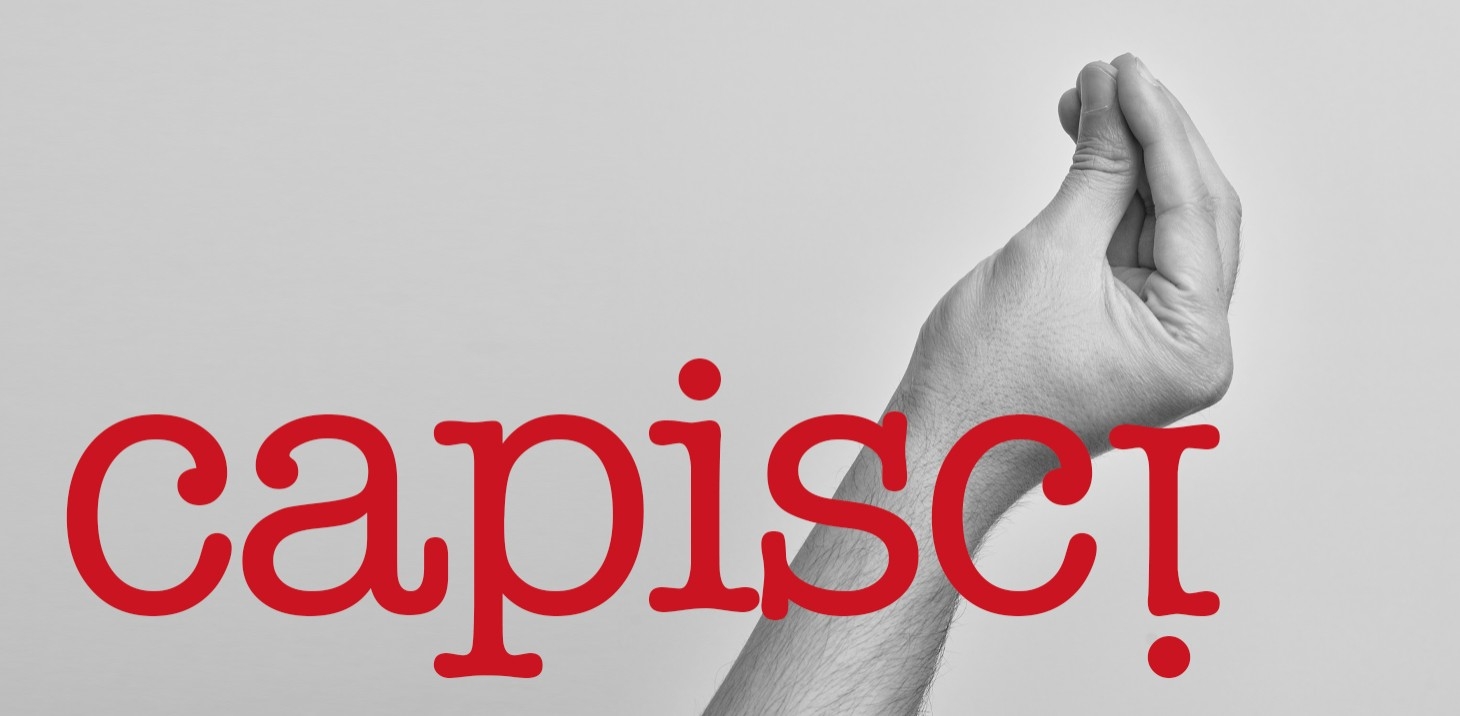
Gaja's Bees - Bees in the Vineyards
Beekeepers and winemakers have never been the best of friends. In the 1970s, the former accused the latter of killing bees due to the intensive use of insecticides, and the beehives were moved away from the vineyards. When Claudio Cauda - a beekeeper since he was 10 years old, after losing his father and inheriting 13 beehives that he had to take care of after school - received a call in 2014 from one of his friends informing him that a winemaker wanted to bring bees into his vineyards, he couldn't believe it. "I was skeptical and worried about how bees were weakened by the climate crisis and intensive agriculture, but I went and discovered, firstly, that the Gaja family manages the vineyard from the ground up, taking care of the health of the roots, filling the rows with grass and flowers, and caring for environmental sustainability. Considering this, I decided to bring my bees. I started with 12 beehives in the Costa Russi vineyard. It was the perfect place: near the forest, exposed to the sun, but with fresh and moist soil." Now, his beehives, along with those of another beekeeper, Mr. Savio, have grown to eighty, located at the tranquil edges of seven different vineyards. The chosen locations are never more than a kilometer from a water source; in the warmer months, water basins are placed near the beehives, and in this part of the vineyard, work is done in the morning to avoid disturbing the bees. This consideration has allowed the colonies in each beehive to grow, and in the summer, each reaches 60,000 bees, from which we harvest honey two or three times a year: the first "wildflower honey" in the spring, then acacia honey in May, and a summer honey at the end of June.
A symbol of sustainability
For Gaia, Rossana, and Giovanni, honey is synonymous with childhood, as their grandmothers would prepare them bread, butter, and honey as a snack. They love this project and have made it a symbol of their idea of sustainability: bees are ecological sentinels, they indicate whether an area is healthy and if there are changes or dangers. The amount of honey produced by a particular vineyard shows whether there is an abundance of biodiversity or not, and the reproduction of the bees reflects the health of the area, as they live where no chemicals or pesticides are used. For this reason, the project has been extended to Tuscany, where we collaborate with local beekeepers in Pieve, in the vineyards of Brunello di Montalcino, and at Ca' Marcanda.
Every year in the fall, we sow crucifers, legumes, grasses, and others whose flowers bloom from the end of March, slowly lighting up the vineyards with yellow mustard, purple vetch, and the intense blue of blue tansy. The sowing has numerous benefits, not only for the soil, and naturally, the flowers attract important insects to the vineyards: the pollinators. The importance of bees is fundamental for viticulture, as they stimulate the pollination process, populate the vineyards with many plant species, and at the same time limit the growth of weeds that are harmful to the vines in the long run. Every spring, when the first flowers bloom, the vineyards come alive, and you can hear a symphony of insects and birds.
In recent years, efforts have been made to make the vineyards more welcoming and pleasant for bees. The autumn sowing consists of a carefully selected mix, considering the pollinators: seeds that offer extended spring blooming, an intense fragrance, rich in nectar, and brightly colored flowers. The seeds are also planted at different times depending on the length of their bloom to ensure almost year-round flowering. Green areas with hedges, trees, and plants that bloom in summer have also been created at the edges of the vineyards to provide continuous activity for the bees.
Library of honey vintages
Although our region, like all historic wine regions, is characterized by a strong monoculture of vines, over the years we have tried to make the area more welcoming and conducive to the growth of bee colonies. Together with a team of botanists and entomologists, we have experimented with sustainable cultivation methods, banning herbicides, pesticides, and fertilizers, mindful of the wisdom of our past and respecting technological innovations. Over the years, we have created a "library of honey vintages" both in Piedmont and Tuscany to monitor the health and activity of the bees, but also for the joy of tasting a new expression of the vineyards and, who knows, maybe in a few years we can have a vertical honey tasting!
Source: Gaja Newsletter, April 2021
Weibel Weine AG
Moosweg 40, Postfach
3604 Thun-Gwatt
033 334 55 55
Opening hours
Monday to Friday 7.30 am - 6.30 pm
Saturday 10.00 am - 4.00 pm
Weibel Weinhandel AG
Früebergstrasse 41
6340 Baar
041 760 67 01
Opening hours
Monday closed
Tuesday to Friday
9.00 am - 12.30 pm | 1.30 pm - 6.30 pm
Saturday
9.00 am - 4.00 pm
Company Holidays
July 13th - 27th, 2026
